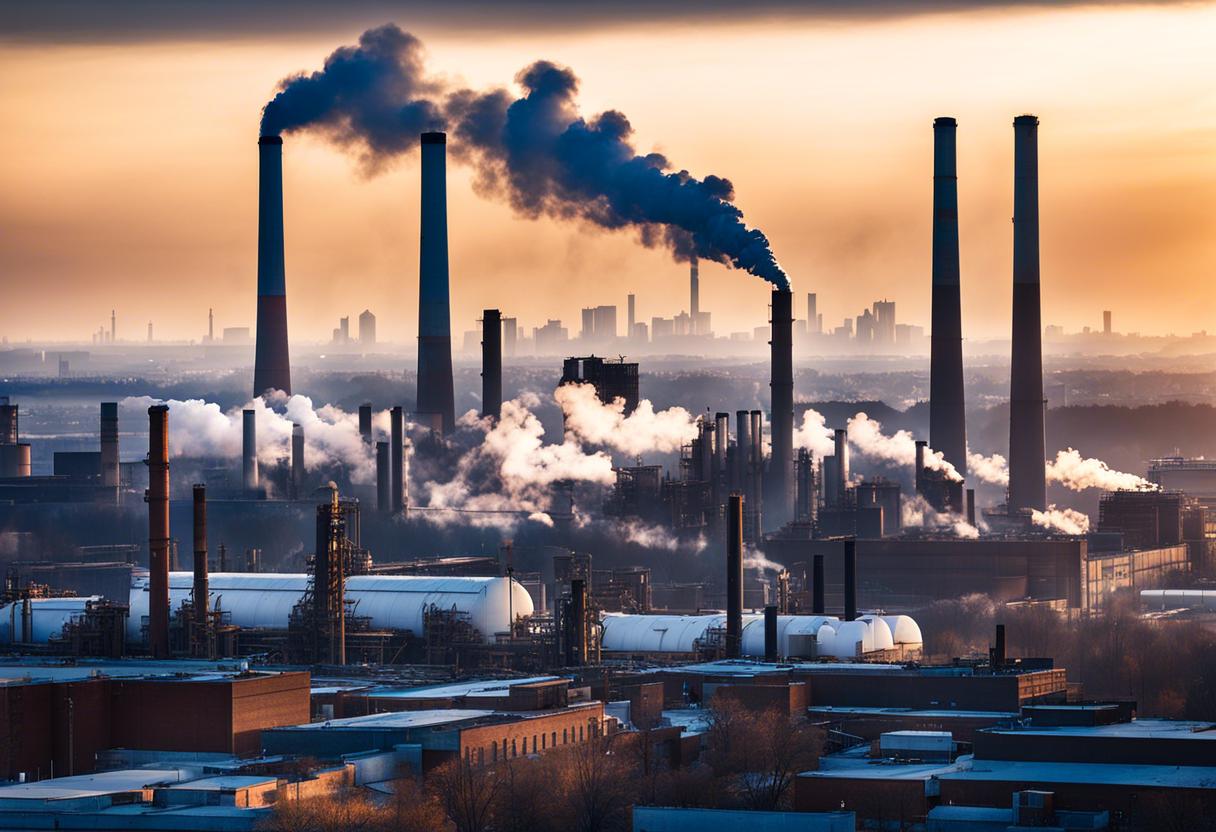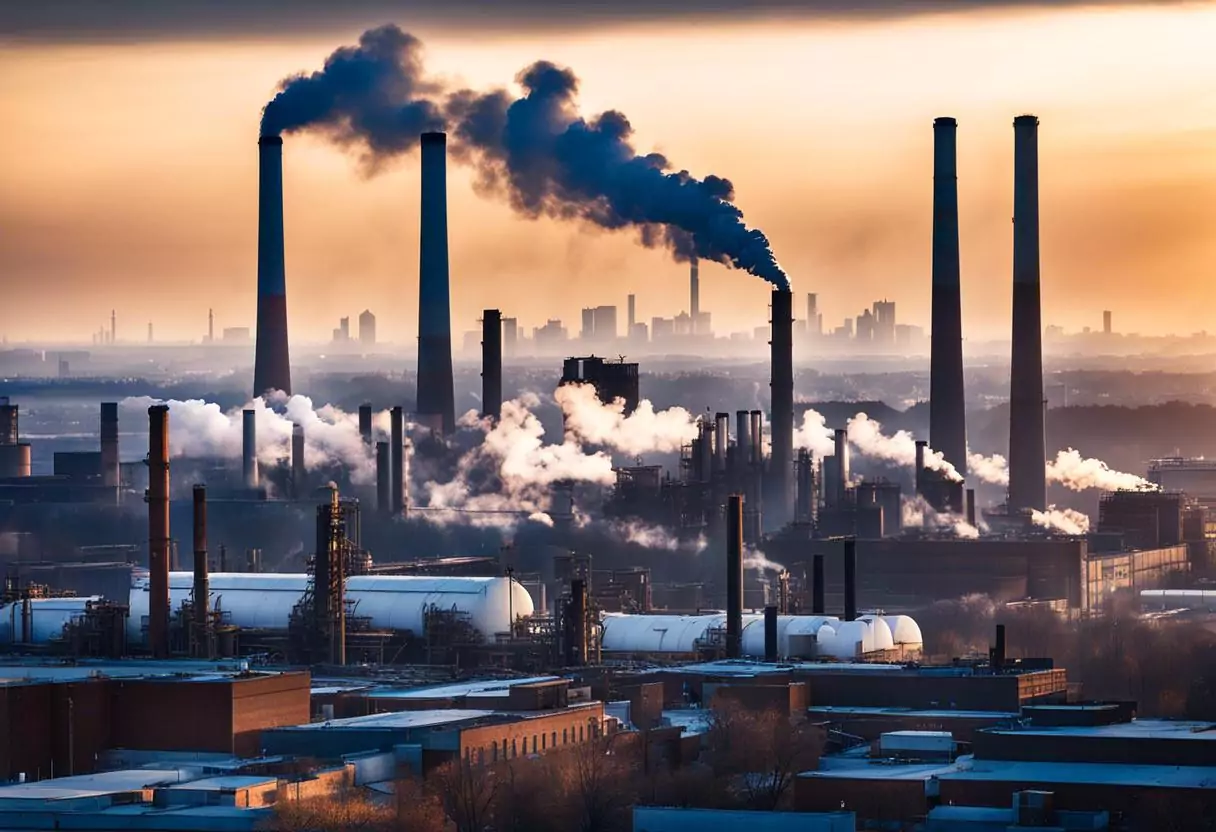

A study by the Economic and Social Research Institute (ESRI) suggests that neglecting to shift away from a carbon-based economy could lead to a slump in both the GDP and consumer and investment spending, and negatively impact the job market.
Named ‘The Implications of High Energy and Carbon Prices on Irish Firms’, this research seeks to estimate the consequences of failing to implement decarbonisation efforts.
The findings reveal that if global energy prices continue at their current severely high rates, the actual GDP in 2030 could be about 0.7% less than if it would be if things were to continue as they are now with energy prices remaining consistent with the end of 2021 figures.
The unnecessary costs that result from escalating carbon taxes and the price of EU Emissions Trading System (EU ETS) leads to economic shrinkage, lowering the real GDP by additional 0.7 and 1.1 percentage points respectively when compared to the economic impact of soaring energy prices.
The research suggests that elevated energy prices have a detrimental effect on all sectors, leaving the transportation, construction and services sectors considerably more affected. Yet the power production industry benefits from these hikes in fossil fuel costs as the demand for electricity increases.
Mine and electricity production industries and the transportation sector are most hit by rising carbon taxes. However, the aggregate electricity industry benefits from higher EU ETS prices which lead to shifting the power production to green sources, partially counteracting the sector’s contraction.
The trade balance is the only wider economic indicator that benefits due to both the economic recession and reduced energy costs. Lower economic activity consequently leads to reduced carbon emissions. However, this economic downturn would also result in a decline in government earnings and escalated government debt.
The mining and transportation sectors would bear the majority of the burden from the economic downfall, with significant drops in the real added value and job opportunities.
The ESRI suggests that, regardless of the projections, the electricity sector stands to benefit due to the boost in wind and other renewable industries’ production regardless of the future outcomes.
The study concludes that transitioning into a low-carbon economy is not just beneficial in terms of reducing the negative impact of global warming, but it could also strengthen the Irish economy’s resilience against sudden and significant energy price hikes abroad.
The shift would also reduce Ireland’s reliance on imported energy goods, thereby enhancing the nation’s energy independence. The research emphasised the importance of moving towards a low-carbon economy in order to decrease energy-related emissions and meet goals established by environmental laws. All economic participants need to make the transition from fossil fuels to sources of renewable energy. This switch can be achieved by updating all currently used combustion systems, a task that demands significant investment. However, neglecting to take the necessary steps would not only maintain high emission levels but would also incur costs, particularly as carbon prices exhibit a tendency to rise, paired with considerable unpredictability and unanticipated surges in energy costs.